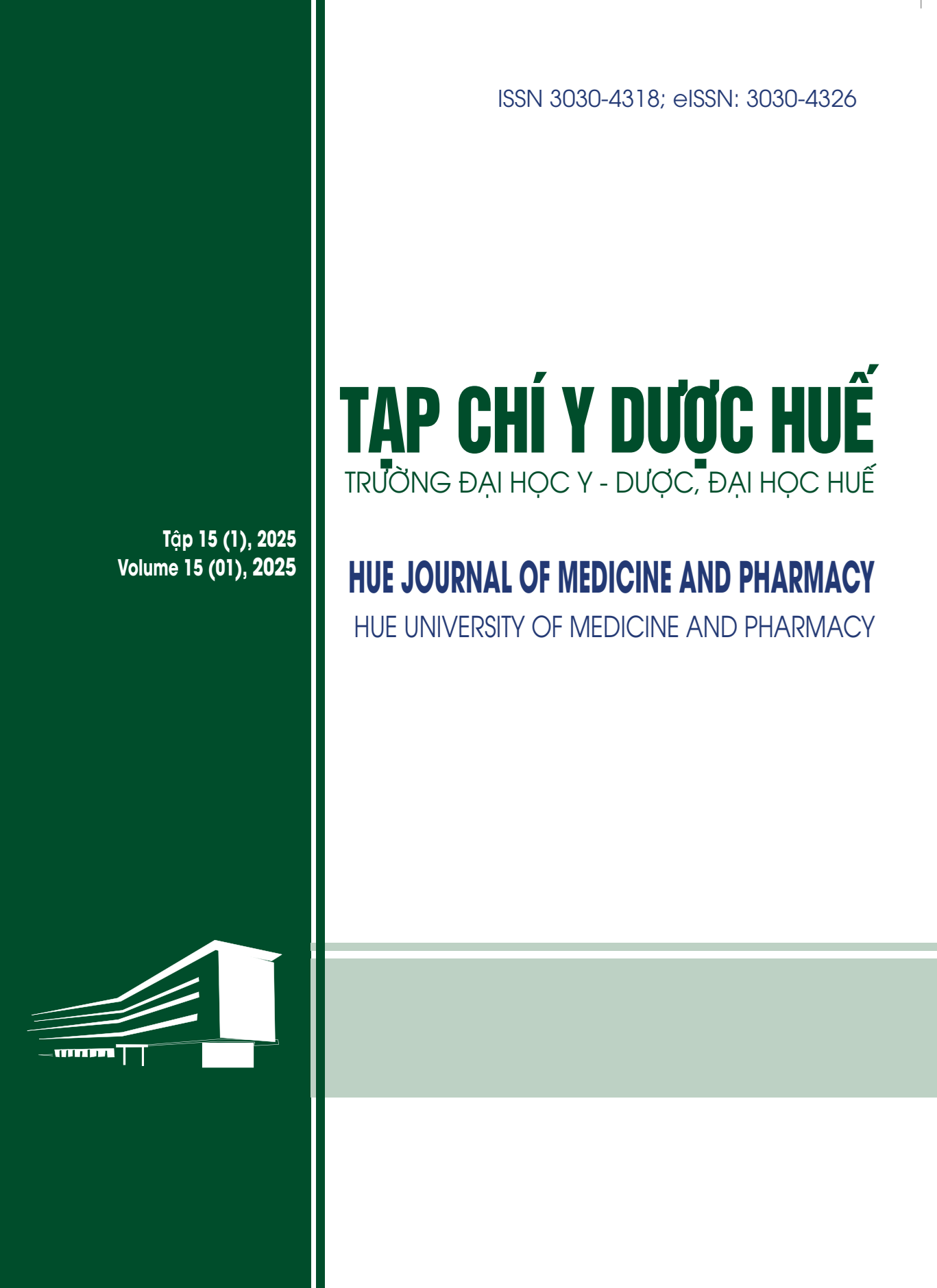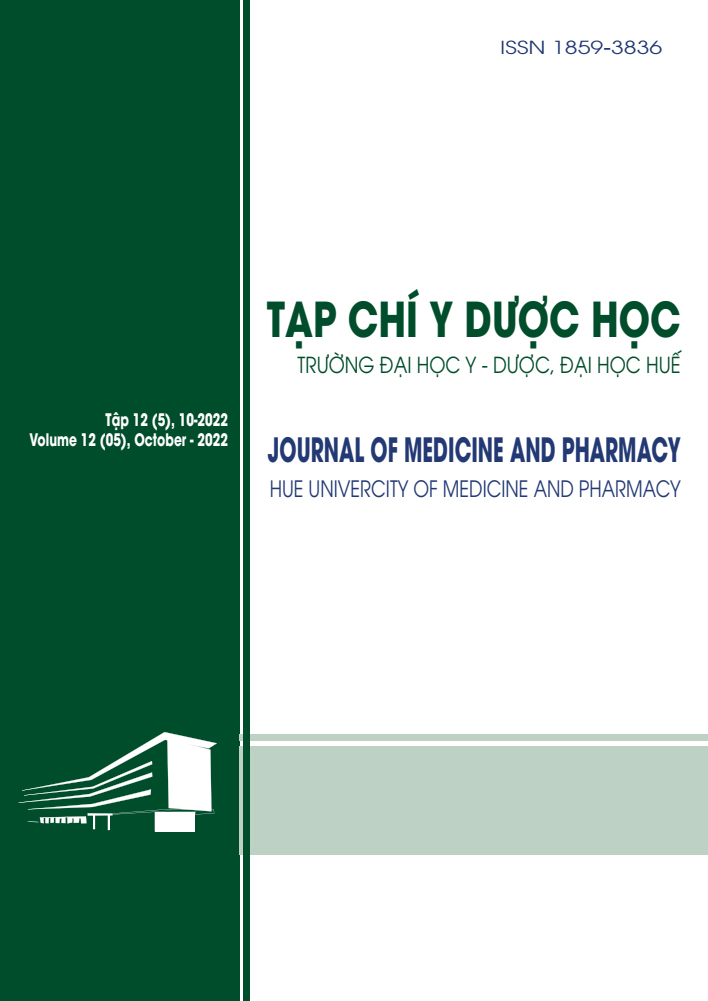Abstract
Background: Lumbar spine surgery is known for causing significant postoperative pain due to the extensive damage to the paraspinal muscles, fascia, ligaments, and vertebral structures. Managing pain after such procedures presents a considerable challenge, making multimodal analgesia a favored approach. Intravenous lidocaine infusion has demonstrated effectiveness in alleviating postoperative pain, particularly in abdominal surgeries. Hence, this study investigates the use of intravenous lidocaine in patients undergoing lumbar spine surgery, aiming to evaluate its pain-relieving efficacy, recovery quality based on the QoR-15 score, and the incidence of postoperative adverse effects.
Materials and method: A randomized controlled trial was conducted on patients undergoing elective lumbar spine surgery from May 2023 to May 2024, with 106 patients divided into two groups (53 patients per group). In the lidocaine infusion group, a loading dose of 1.5 mg/kg was administered at the induction of anesthesia, followed by a maintenance dose of 2.5 mg/kg/ hour until the end of the surgery, and then continued at 1.5 mg/kg/hour for 3 hours postoperatively. Patients in the control group did not receive lidocaine infusion. Postoperatively, both groups received multimodal analgesia, including intravenous paracetamol, intravenous ketorolac, and patient-controlled intravenous analgesia with morphine.
Results: The lidocaine infusion group exhibited lower Visual Analog Scale (VAS) scores at 0 and 24 hours postoperatively, along with reduced morphine titration and 24-hour morphine consumption. Additionally, this group demonstrated better recovery quality as assessed by the QoR-15 score and had a lower incidence of postoperative nausea and vomiting compared to the control group.
Conclusion: Intravenous lidocaine infusion is effective in providing analgesia, enhancing recovery quality, and reducing morphine-related adverse effects following lumbar spine surgery.
| Published | 2025-04-24 | |
| Fulltext |
|
|
| Language |
|
|
| Issue | Vol. 15 No. 1 (2025) | |
| Section | Original Articles | |
| DOI | 10.34071/jmp.2025.1.13 | |
| Keywords | Lidocain tĩnh mạch, phẫu thuật cột sống thắt lưng, giảm đau sau phẫu thuật Intravenous lidocaine, lumbar spine surgery, postoperative analgesia |

This work is licensed under a Creative Commons Attribution-NonCommercial-NoDerivatives 4.0 International License.
Copyright (c) 2025 Hue Journal of Medicine and Pharmacy
Martin BI, Mirza SK, Spina N, Spiker WR, Lawrence B, Brodke DS. Trends in Lumbar Fusion Procedure Rates and Associated Hospital Costs for Degenerative Spinal Diseases in the United States, 2004 to 2015. Spine (Phila Pa 1976). 2019;44(5):369-76.
Nguyễn Thị Xuyên. Quyết định 361/QĐ-BYT ngày 25/1/2014 về việc “Ban hành về Hướng dẫn chẩn đoán và điều trị bệnh lý xương khớp”. 2014:131-143.
Beilin B, Shavit Y, Trabekin E, Mordashev B, Mayburd E, Zeidel A, et al. The effects of postoperative pain management on immune response to surgery. Anesth Analg. 2003;97(3):822-7.
Chu R, Umukoro N, Greer T, Roberts J, Adekoya P, Odonkor CA, et al. Intravenous Lidocaine Infusion for the Management of Early Postoperative Pain: A Comprehensive Review of Controlled Trials. Psychopharmacol Bull. 2020;50(4 Suppl 1):216-59.
Hollmann MW, Durieux ME. Local anesthetics and the inflammatory response: a new therapeutic indication? Anesthesiology. 2000;93(3):858-75.
Wang T, Liu H, Sun JH, Wang L, Zhang JY. Efficacy of intravenous lidocaine in improving post-operative nausea, vomiting and early recovery after laparoscopic gynaecological surgery. Exp Ther Med. 2019;17(6):4723-9.
Vũ Hoàng Phương, Nguyễn Anh Tuấn. So sánh hiệu quả giảm đau sau mổ của phương pháp gây tê cơ dựng sống thắt lưng hai bên so với phương pháp pca morphin ở bệnh nhân phẫu thuật cột sống thắt lưng. Tạp chí Nghiên cứu Y học. 2021;143(7):41-7.
Waelkens P, Alsabbagh E, Sauter A, Joshi GP, Beloeil H. Pain management after complex spine surgery: A systematic review and procedure-specific postoperative pain management recommendations. Eur J Anaesthesiol. 2021;38(9):985-94.
McCarthy GC, Megalla SA, Habib AS. Impact of intravenous lidocaine infusion on postoperative analgesia and recovery from surgery: a systematic review of randomized controlled trials. Drugs. 2010;70(9):1149-63.
Bi Y, Ye Y, Ma J, Tian Z, Zhang X, Liu B. Effect of perioperative intravenous lidocaine for patients undergoing spine surgery: A meta-analysis and systematic review. Medicine (Baltimore). 2020;99(48):e23332.
Foo I, Macfarlane AJR, Srivastava D, Bhaskar A, Barker H, Knaggs R, et al. The use of intravenous lidocaine for postoperative pain and recovery: international consensus statement on efficacy and safety. Anaesthesia. 2021;76(2):238-50.
Dewinter G, Moens P, Fieuws S, Vanaudenaerde B, Van de Velde M, Rex S. Systemic lidocaine fails to improve postoperative morphine consumption, postoperative recovery and quality of life in patients undergoing posterior spinal arthrodesis. A double-blind, randomized, placebo-controlled trial. Br J Anaesth. 2017;118(4):576-85.
Gianelly R, Groeben JOvd, Spivack AP, Harrison DC. Effect of Lidocaine on Ventricular Arrhythmias in Patients with Coronary Heart Disease. New England Journal of Medicine. 1967;277(23):1215-9.
Weibel S, Jokinen J, Pace NL, Schnabel A, Hollmann MW, Hahnenkamp K, et al. Efficacy and safety of intravenous lidocaine for postoperative analgesia and recovery after surgery: a systematic review with trial sequential analysis. Br J Anaesth. 2016;116(6):770-83.
Seki H, Ideno S, Ishihara T, Watanabe K, Matsumoto M, Morisaki H. Postoperative pain management in patients undergoing posterior spinal fusion for adolescent idiopathic scoliosis: a narrative review. Scoliosis Spinal Disord. 2018;13:17.
Mazda Y, Jadin S, Khan JS. Postoperative Pain Management. Canadian Journal of General Internal Medicine. 2021;16(S1):5-17.
Kleif J, Waage J, Christensen KB, Gögenur I. Systematic review of the QoR-15 score, a patient- reported outcome measure measuring quality of recovery after surgery and anaesthesia. Br J Anaesth. 2018;120(1):28-36.
Wu Y, Chen Z, Yao C, Sun H, Li H, Du X, et al. Effect of systemic lidocaine on postoperative quality of recovery, the gastrointestinal function, inflammatory cytokines of lumbar spinal stenosis surgery: a randomized trial. Sci Rep. 2023;13(1):17661.







